It’s a common saying that “the hunter is prepared”. Probably most hunters have heard the story of the hunter who was out in the woods and fell down a hill, twisting their ankles. Luckily, for them, they had their hunting knife with them and were able to get back up on their own! In this blog post, experienced hunters will discuss what every well-prepared hunter should carry when they are going into outdoor emergencies.
Table of Contents
What Are the Different Types of Hunter Accidents and Outdoor Emergencies
Shrapnel Accidents
Shrapnel accidents are very rare with most hunters. If you do find yourself in this situation, it is important to stop the bleeding as soon as possible by applying pressure and getting to a hospital immediately for stitches or further treatment.
Bullet Accidents
Bullets can ricochet off hard surfaces at high speeds which makes them extremely dangerous if they hit an unintended target such as another person’s arm or leg instead of their intended prey.
Blast Injuries from Firearms
Hunters are not the only ones who risk injury when using firearms, but also those nearby who may be injured by gun blasts coming from different directions during hunting activities. The best way to avoid harm is to always wear proper hearing protection that will block the noise of the blast.
Lightning Strikes
Lightning strikes are one of the most common causes for outdoor emergencies throughout all types of hunting, but it is also preventable. Make sure to stay away from trees or other tall objects during storms as they provide easy targets for lightning strikes.
Hypothermia and Frostbite
Hypothermia occurs when your body loses heat faster than you can produce it that will eventually lead to death if left untreated.
Frostbites occur on exposed areas such as fingers and toes and should be treated immediately by warming up those affected areas with warm water (not hot) and moving them slowly so that blood flow returns properly after being frozen.
Direct Impact
Although it may seem the most unlikely, direct impacts from bullets to your body can also occur because of hunters not being careful with their ammunition or firearm. Always make sure you are wearing proper gear and have been trained to use firearms before going hunting.
Insect Bites
Insect bites are an unavoidable part of outdoor activities that is why every prepared hunter should always carry bug spray in case they get bitten by bugs, mosquitos, ticks, or other pests that could cause serious infection depending on where the bite takes place on your body.
Cuts and Lacerations
Cuts are far more common than people realize while out hunting but, luckily, provide relatively minor injuries if treated properly with some basic first aid supplies such as bandages/Band-Aids to stop the bleeding and disinfectant wipes for cleaning.
Burns
Burns are also relatively mild injuries that can be treated with some basic first aid products such as Aloe Vera, burn cream or ointment, hydrocortisone spray, calamine lotion, antibiotic creams/ointments to prevent infection from open wounds caused by burns.
Sprains and Strains
These types of outdoor emergencies mostly occur when you least expect them so it is important to always carry a well-stocked first-aid kit filled with bandages/band-aids (for cuts), painkillers (to reduce swelling) like ibuprofen or acetaminophen which both work great for sprains too along with ice packs to reduce swelling.
Drowning
Although drowning is not an outdoor emergency that you are likely to encounter, it can still happen out of nowhere if someone falls into the water unexpectedly. The best ways to prevent this type of accident from occurring are by making sure everyone in your party knows how to swim and wears a life jacket so they don’t have the chance to drown even if something unexpected happens while swimming or boating at lakes or rivers.
Heat Exhaustion
Heat exhaustion occurs when your body overheats due to strenuous activities during high temperatures outside which will lead to heat cramps, fainting/lightheadedness, headaches, vomiting, sweaty skin with goosebumps on top (due as blood vessels dilate), muscle cramping (especially in legs) and fatigue which can all be avoided by staying hydrated throughout outdoor activities where it’s hot outside.
Hypoglycemia
Hypoglycemic reactions are common among hunters who have insulin-dependent diabetes and should always wear a medical bracelet to let others know of their condition in case they suddenly experience hypoglycemia or other related symptoms such as lethargy, weakness, confusion/irritability, slurred speech, dizziness/lightheadedness that may also include seizures if not treated properly with glucose tablets or liquids.
Unintentional Carbon Monoxide Poisoning
Every hunter should always carry a carbon monoxide detector with them when out hunting. Because these types of accidents can be prevented by having proper ventilation in your home, car, or campsite and also make sure you have fresh air coming into your living space at all times during any type of heating activity such as camping stoves, gas heaters, etc.
Sunburns
Make sure to wear sunscreen while outdoors for prolonged periods of time that will prevent sunburns that could eventually lead to skin cancer if left untreated over long periods of time. Always bring lots of water on outdoor trips and remember that you can get heat stroke just the same as someone who is dehydrated.
Disease
Another type of outdoor emergency that can occur while hunting is when someone becomes sick with symptoms such as fever, vomiting, diarrhea, and body aches which could be caused by bacteria in the food/water supply they consumed during their hunt. If this happens make sure to contact poison control immediately!
Animal Attacks
Although it is rarer than most injuries listed above, hunters are also at risk of injury from wild animals if they get too close before being noticed properly which requires immediate action to defend themselves against an animal attack. This can be prevented altogether by making plenty of noise when you are in the woods and around water to make sure animals can hear/anticipate your presence before they come close enough to cause harm. Always make sure you have proper training before entering hunting areas where wild boars live since they are known for causing damage when hunted without firearms/proper protection gear.
What Should Every Prepared Hunter Carry
Medicine Kit
With the right first aid kit, you can easily deal with minor injuries. A few items should be included in every first-aid kit no matter what kind of trip or outing is being planned. This includes:
- bandages and antiseptic wipes/alcohol pads to clean wounds;
- painkillers for headaches and muscle aches;
- antihistamines to treat allergic reactions;
- hydrocortisone cream as a topical treatment for bug bites, rashes, or itchy skin problems;
- eye drops if there are any issues with your eyesight during the day’s hunt (and sunscreen);
- a roll of gauze will also come in handy especially when covering up deep cuts before trying to get back home on foot;
If someone has an open wound that is bleeding, make sure to secure a pressure bandage tightly.
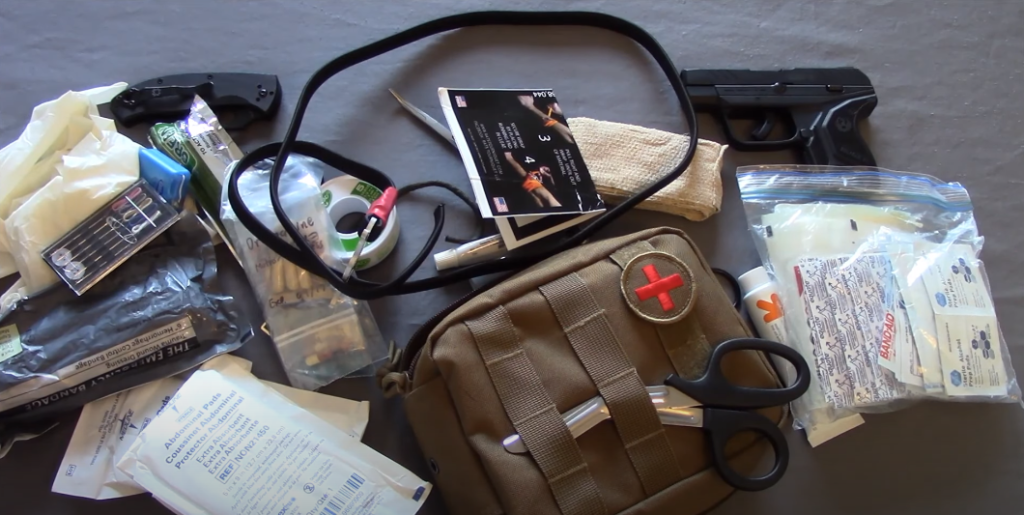
A list of important phone numbers should also be included in the first-aid kit like family members’ cell phones and home phone numbers (in case you get lost), the poison control center’s hotline (just in case something bad happens), and local emergency contact information. Knowing your location will help someone find where exactly you are if they need to come to rescue you or bring medical supplies when needed.
Phone or a Two-Way Radio
It is also crucial for hunters who plan on heading out into the woods by themselves to take some form of communication device with them such as a walkie-talkie radio or even just an old fashion compass so that people can easily track their movement when necessary without having to worry about not being able to contact them.
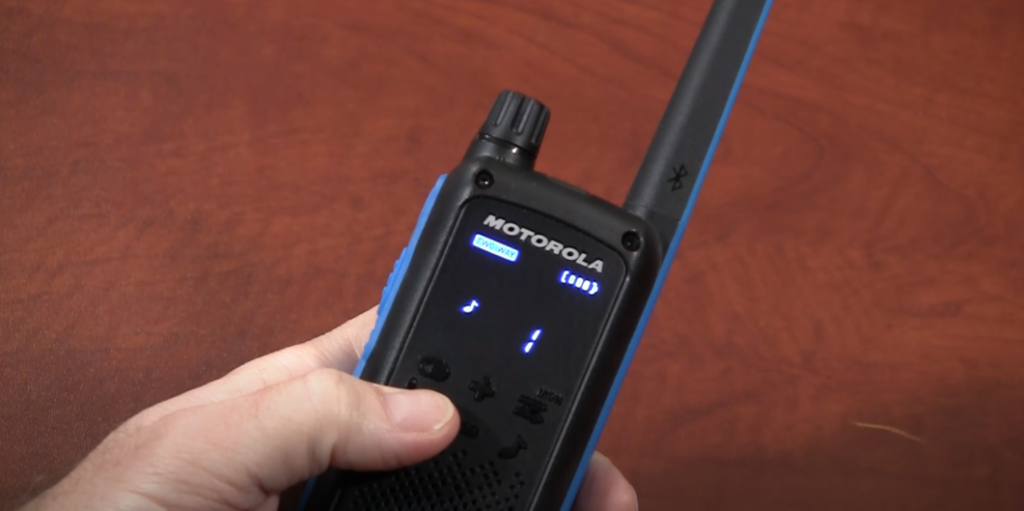
Whistle
For hunters who plan on heading out into the woods for an extended period, a survival whistle is extremely helpful to have along. This can be used as a way to call attention if someone gets lost or just wants some help tracking down their prey that they are trying to hunt down since it will be quite loud enough.
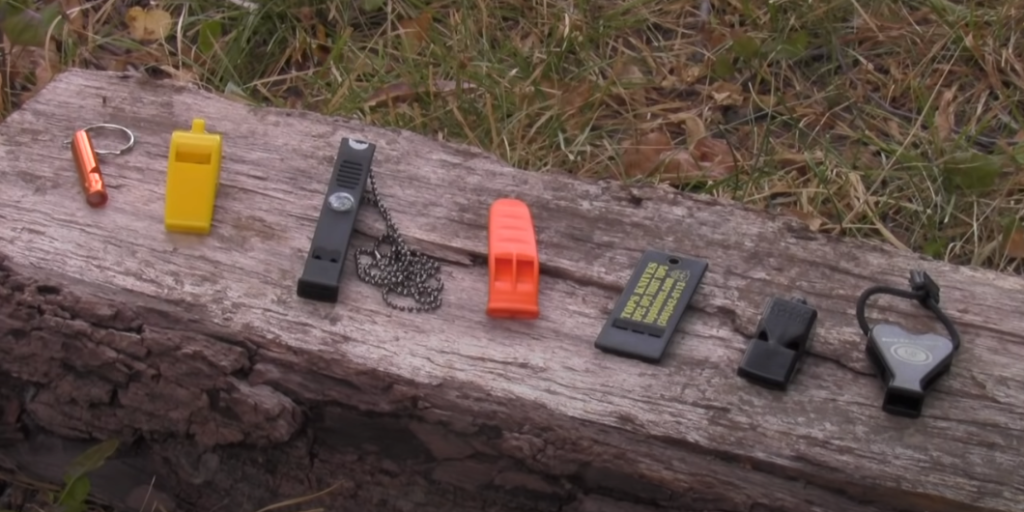
Water Bottle
A water bottle (such as one made from stainless steel) should also be included in every first-aid kit because you never know when dehydration may set in during your trip and make things difficult (especially during intense hunts). Staying hydrated is important especially while hunting on hot days where everyone’s body temperature rises significantly causing fatigue that could lead people to get sick with heatstroke or other dire health conditions if not taken care of immediately.
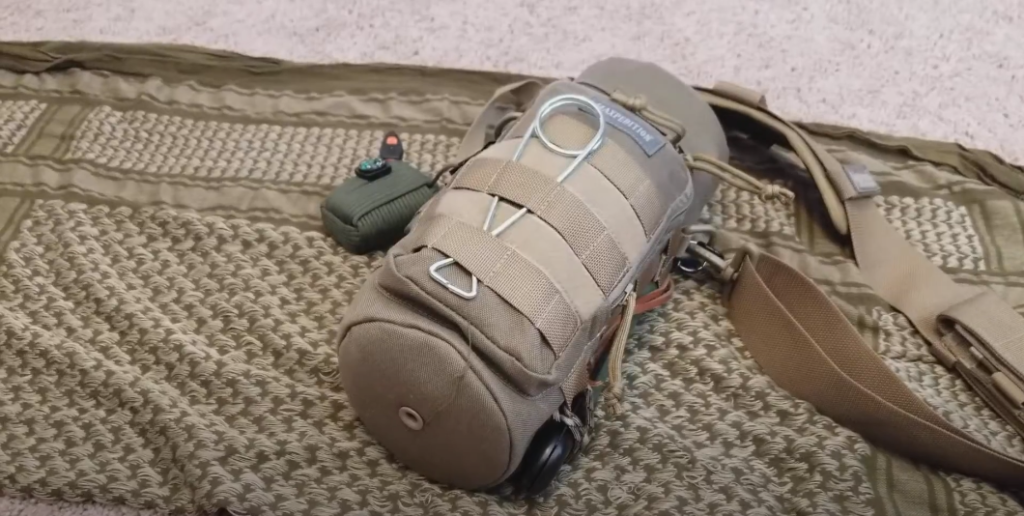
Light Source or a Torch
A light source is very helpful to have along on hunting trips especially since hunters may not be able to see as well during the nighttime hours. Traditional flashlights will do, but a headlamp can also prove useful when carrying something else in both hands or for those who need their hands free while hiking through rough terrain off-trail where it could be difficult seeing what’s directly ahead at every given moment (and potentially tripping over rocks/roots).
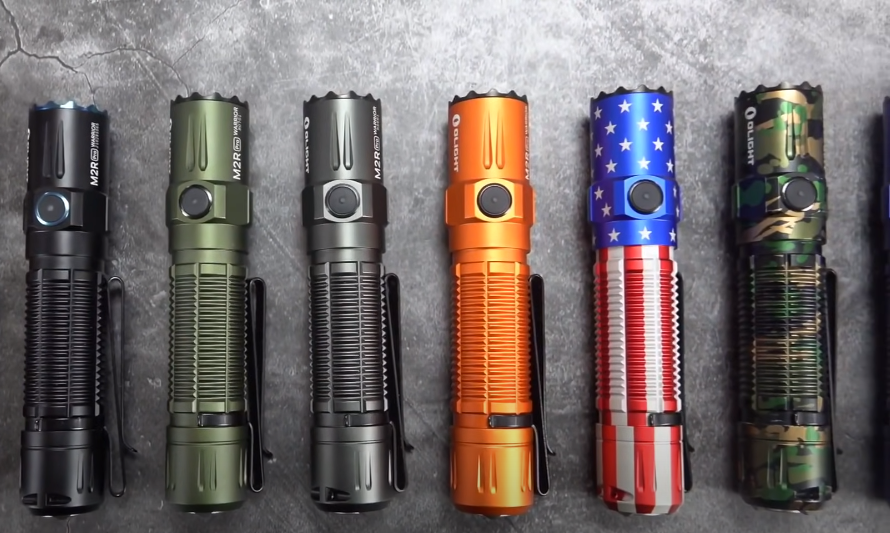
Weather Protection
It might seem obvious, but proper clothing should always be worn when heading outdoors no matter what season or time of year it happens to be. In other words, never forget your rain jacket (or any type of waterproof material) especially if there will likely be inclement weather conditions such as snow flurries falling from the sky or even extreme heatwaves.
Water Purifying Items
In addition, hunters should never go out into the woods without a means of purifying water from natural sources found in nature such as brooks or rivers. In fact, some people even bring along special tablets to add to any contaminated drinking supply that they might happen upon during their trip so that it can be made safe for consumption (and not cause additional health problems).
Waterproof Light Source
It is also a good idea to carry some sort of waterproof light source (for example, matches) on hunting trips especially if they are planning on spending more than just a day out in nature. This way, hunters will be able to see clearly when it gets dark and could even use their flashlight or headlamp for purposes other than illumination such as protection from wild animals by dazzling/confusing them with bright lights.
Knife or Multi-Tool
Every prepared hunter should carry a sharp knife or multi-tool with them on their hunting trips just in case they happen to get into an emergency that requires cutting through something. These could include seatbelts if someone is stuck inside of a car after having been involved in an accident (or perhaps even tearing up clothing because it was wet and heavy).
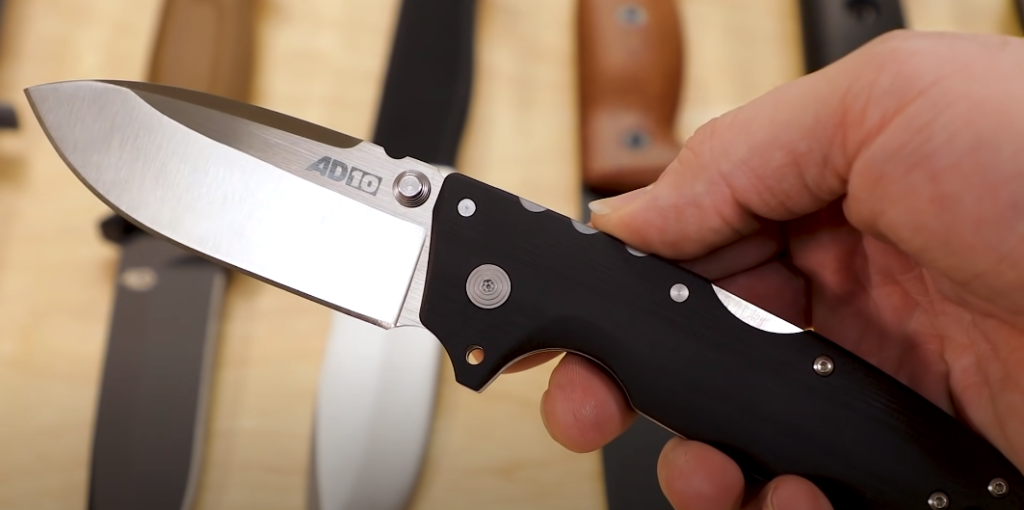
Related Reviews:
Other Important Items
- Meal-replacement bars;
- Map and compass;
- Power bank;
- GPS receiver;
- Insect repellant;
- Sunscreen lotion;
- Matches, or some other fire starter;
- Cash money in small denominations;
- Binoculars;
- A small tent;
Tips on How to Avoid Hunting Accidents
Dress on Occasion
- Wear clothes that are easy to move around in;
- Don’t wear anything too baggy or loose, as it can get caught on the brush and other objects while you’re out there hunting;
- While choosing your hunting boots, make sure your shoes have traction so that you don’t slip when walking across uneven surfaces if the terrain gets wet from rain/snowfall.
- Also, consider materials like leather that provide better insulation than fabrics alone do. It’s also important to keep them waterproofed with a good quality boot oil – this ensures water doesn’t seep into your footwear causing dampness inside which could ultimately lead to frostbite during extremely cold weather conditions;
- Hunters should also wear bright clothes if they plan on hunting during dawn and dusk hours so that other hunters can easily spot them from a distance away to prevent any accidents from happening (such as shooting each other by mistake);
- Hunters may also want to bring an extra change of clothing with them in case something happens where it gets extremely dirty, wet, etc.;
- Always pack at least two pairs of socks;
Be a Responsible Gun User
Firearms should always be treated as though they are loaded and all safety precautions should be followed whenever handling them. Even when you are familiar with the gun, it is important to remember that you should take your time and not rush through any safety checks. Everyone who will be using the firearm should know how to use it properly in case of an emergency or accident.
You Should Always Hunt Sober
When you’re in the woods, it makes sense to be alert and aware of your surroundings at all times. You have to think about safety first so if you are under the influence of drugs or alcohol, it is likely that hunting accidents will occur. So, drink responsibly when hunting, or even better – stay sober while being in the woods!
FAQ
What is the first thing a hunter should do in an emergency?
It is important to remain calm in an emergency. The first thing a hunter should do is attempt to find the problem and how it can be fixed or resolved safely. If you are able, check for injuries before attempting any other course of action. Once you have determined that no additional medical attention is needed, try moving your body parts carefully out of harm’s way if possible, without adding further injury to yourself.
If the movement can’t be done quickly or easily then wait until help arrives or until an opportunity arises where only minor movements are needed (i.e., waiting for rescue teams). Only move what you need to avoid further pain! Don’t make things worse by trying too hard – this will only cause more severe problems later on down the road.
If you can’t fix the problem yourself, it is time to dial 911 and ask for emergency medical assistance (EMS) or other rescue teams that can provide further support in your area! If there are multiple injured people make sure everyone’s safety is accounted for before calling.
What are the three most important things you will need in a survival situation?
First, you need shelter. Second, you need water. Third? Food! Let’s assume that the weather is not too cold or hot and that there are no dangerous animals around to attack you – so your first priority should be finding a place where you can build yourself some shelter for protection against wind and rain outside.
Unless you brought along an emergency tarp or tent of sorts with dry matches in order to get one up quickly (and don’t forget about firewood), prepare for this process to take at least 24 hours’ time if it’s done right – starting from scratch means having nothing but your bare hands.
What is the most important factor affecting wildlife survival hunters?
The quality of their equipment. In order to be able to provide for themselves and their families in the event of a disaster, hunters must have high-quality items to take with them on hunting trips. With that in mind, let’s take a look at what every prepared hunter should carry when they head out into the wild!
What is the safest firearm carrying position?
When it comes to firearm safety, the safest position is a location on your body where you can safely carry a loaded gun without accidentally firing it. This means no cross-draw holster positions and no appendix or waistband carry locations.
The safest firearm carrying position is on your strong side hip or shoulder holster. This means that if you are knocked over by a deer, elk, moose, etc., the gun will not fall out of its holster and be pointing at something it shouldn’t because you hit an artery while falling down.






Leave a Reply